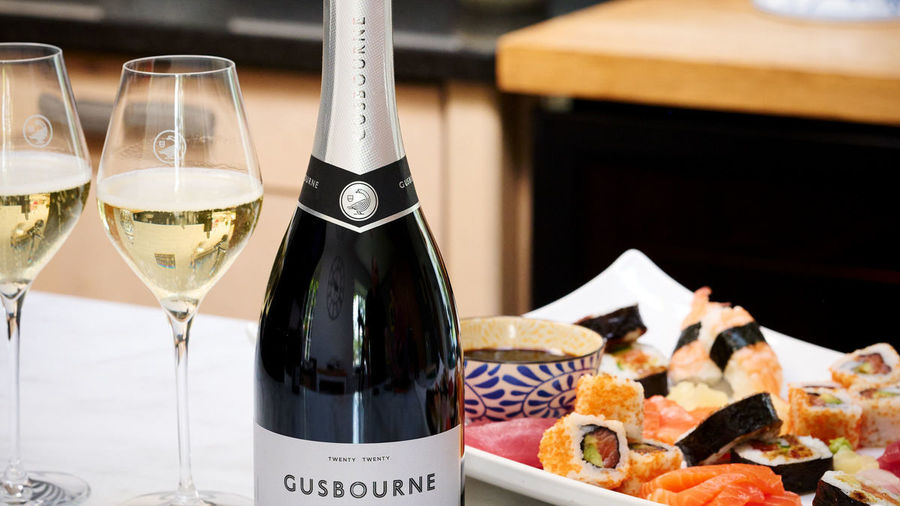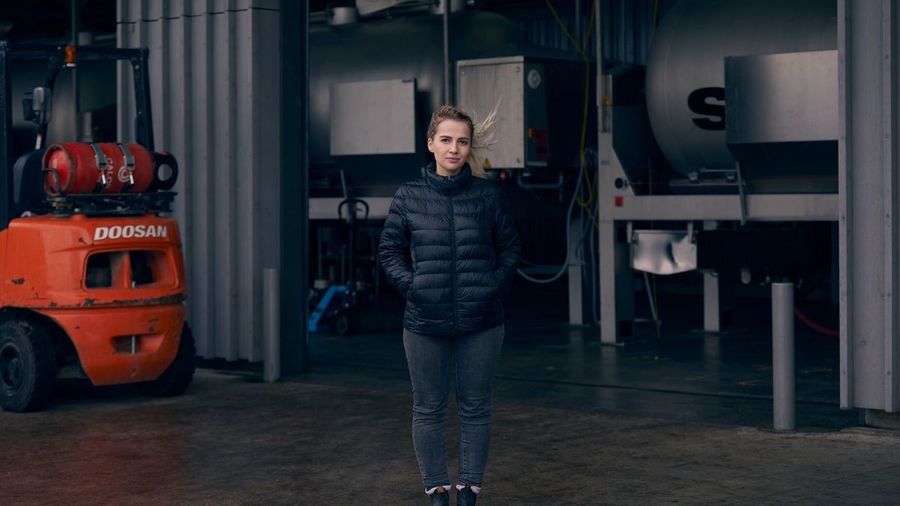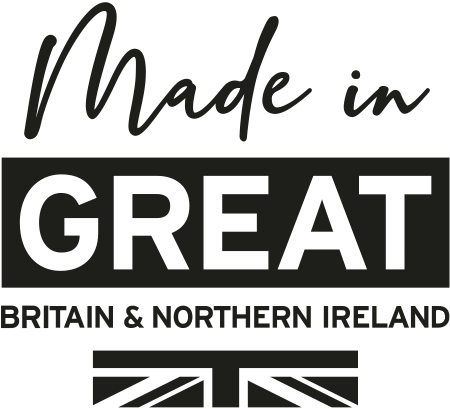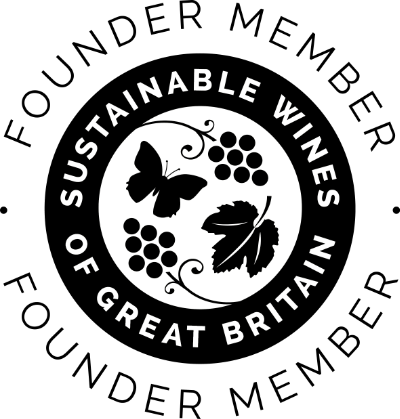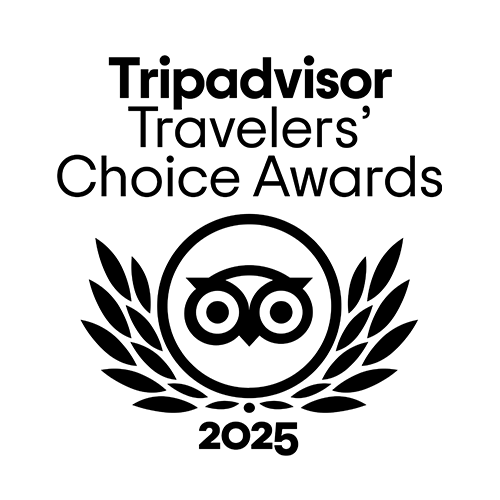When two British master craftsmen from different fields meet, the conversation often uncovers unexpected parallels. Here's what surfaced when Gieves & Hawkes’ Head Cutter Davide Taub and Gusbourne’s Chief Winemaker Charlie Holland pondered points of connection between bespoke tailoring and fine wine.
CH The title "master craftsman" is quite loaded, isn't it? Obviously it means having mastered the basic skills and no longer needing to look things up in a book, but do you think it also goes beyond accumulated knowledge?
DT Yes, there's a sense that early in your career – and it doesn't really matter which trade we're talking about – you haven't yet reached the point where you’re completely in charge of your materials and techniques. Early on, there's a sense that they're in charge of you. So honing your skills is obviously key. But there's another aspect of master craftsman you come to understand later – that it involves continuing a lineage and heritage and passing on your knowledge in turn. That's certainly something that differentiates Savile Row from fast fashion.
CH Gusbourne, of course, as a young brand doesn't have the history of Savile Row, but we're conscious that we're developing our own contribution to a traditional way of making wine. And I agree that passing on knowledge is vital. One person can't do the whole thing. I was struck to find at Gieves & Hawkes that you have one tailor who makes waistcoats and nothing else, and others with completely different specialisms.
DT True specialism is what defines a luxury product. But again the focus is never on one individual tailor. Personally, I never see a finished suit as an expression of myself. As a team, we're always working within the context of lineage and heritage.
CH For us it's within the constraints of the terroir. The land offers challenges for every winemaker. And the end result is an expression of how you've managed those natural variables rather than a profile of yourself. I think all master craftsmen are humble at heart.
DT Absolutely. You're always asking What can I learn? You're always pushing yourself, but you never get to a final point of perfection. I've said in the past it's not about perfection, it's about progression. Dwelling on what good looks like leads to stagnation. So there's a tendency to be tough on yourself. I mean, when a customer arrives for a fitting and puts on the suit you’re creating you're always looking at every detail of your own work and looking for faults. What could I do better here? How could I improve the flow of that line? Would a different shape or accent work better there?
CH In January when we do the blending – which is possibly the most critical stage in developing our wines – we'll open every single bottle we have in the cellar and taste them back-to-back, with 20 or so people involved. We get them to make detailed notes on what they like about each wine. But, like you, we're looking for faults. So it actually becomes more revealing when we then ask them What don't you like about this wine? What's missing? What are the little differences that would elevate this wine from fine to sublime? It's about applying fastidious attention to detail.
DT Exactly. Not about resting on our laurels. There's always something even better to be made ahead.
CH Looking ahead then, are there technological changes that you think will make a difference in Savile Row?
DT Fabrics are getting lighter in weight, with more technical functionality like natural stretching and breathability. So the way we tailor, cut and fit responds to this. The way suits are being worn is also changing. Versatility is now paramount for many, so design has to reflect this too. But of course we always honour heritage – people come to Gieves & Hawkes for longevity and hand-made craft.
CH Just as every grape at Gusbourne is hand-picked! Perhaps winemaking does embrace the appliance of science a little more. I used to stand with a stopwatch by the compression tanks during pressings, whereas we have a state-of-the-art press now that operates intuitively, letting us focus on finessing the finer elements of the wine. But of course nothing will ever replace hands-on thinking and taking care.
While Gieves & Hawkes and Gusbourne inhabit different industries, we're both committed to the same core values – where detail, deliberation and respect for tradition keeps craftsmanship alive.
Who's who
Charlie Holland - Head Winemaker at Kent’s Gusbourne Estate since 2013, Charlie has spent 20 years making wine in some of the best vineyards the world over from Australia and the US to France and Germany.
Davide Taub - Head Cutter at Gieves & Hawkes since 2012, Davide originally trained as an architect before joining the industry in 2001 as a third-generation tailor.
You may also like...
Head gardener at the Pig meets Gusbourne vineyard manager
Bottling the senses: Penhalligon's x Gusbourne


